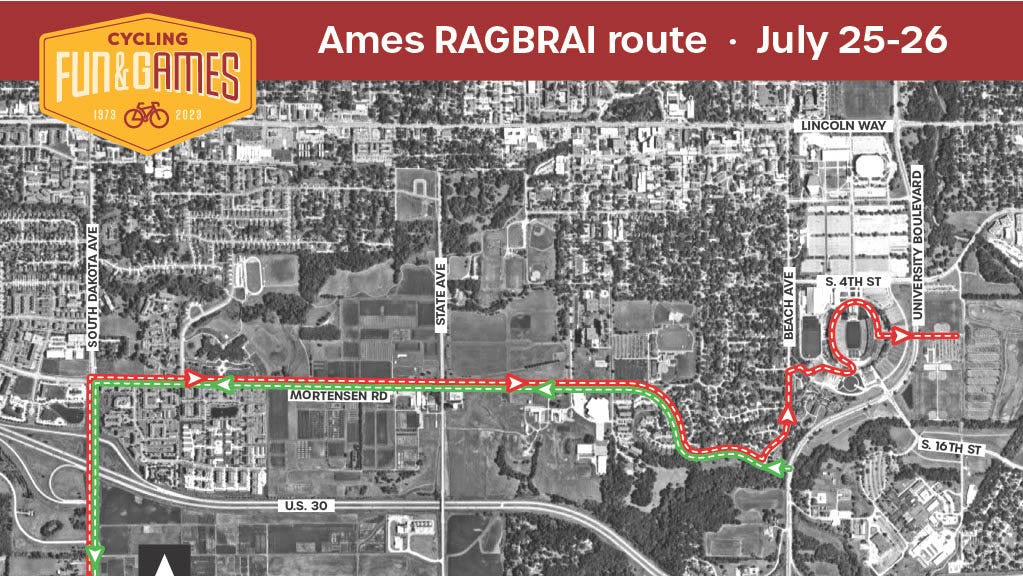The Evolution Of Hercule Poirot In Agatha Christie's Works

Table of Contents
Poirot's Early Cases: The Belgian Detective Emerges
The early Hercule Poirot novels introduce us to a character brimming with self-assurance and a unique approach to crime-solving. In The Mysterious Affair at Styles, his debut, we witness the meticulous nature of his investigations, a stark contrast to the often haphazard methods of his companion, Captain Hastings. The Murder of Roger Ackroyd, a masterclass in narrative deception, further solidifies Poirot's reputation for brilliance and his reliance on his famed "little grey cells."
- His "little grey cells": Poirot’s unwavering faith in logic and observation forms the cornerstone of his methodology. He meticulously gathers evidence, analyzes details others miss, and constructs intricate deductions, often with dramatic flair.
- Eccentricities and fastidiousness: From his perfectly groomed mustache to his insistence on order and symmetry, Poirot's eccentricities are as much a part of his persona as his intellect. This meticulous nature extends to his investigations, requiring everything to be in its proper place for optimal cognitive function.
- Early relationships: The early novels establish Poirot's relationship with Captain Hastings, a vital foil to his brilliance. Hastings serves as the reader's guide, providing a relatable perspective on Poirot's often baffling methods and allowing us to see the detective's arrogance alongside his genius.
The Maturing of Poirot: Adaptability and Emotional Depth
As the series progresses, Hercule Poirot's character deepens. While his unwavering logic remains a constant, his experiences begin to unveil vulnerabilities and emotional complexities previously hidden beneath a veneer of arrogance. Novels like Death on the Nile and Murder on the Orient Express reveal a more nuanced character, facing more morally challenging cases and grappling with the human cost of crime.
- Impact of experience: Poirot's encounters with violence, deception, and the darker aspects of human nature shape his worldview. He doesn't remain unaffected by the crimes he investigates; the weight of his successes and failures begins to show.
- Increasing complexity: The mysteries tackled become progressively intricate, reflecting both Poirot's growing experience and the evolving socio-political landscape. The challenges he faces are no longer just about solving a puzzle; they touch upon issues of morality and justice.
- Evolving relationships: The relationships with recurring characters, like Hastings and Japp, deepen. These interactions reveal a more human side to Poirot, showing his capacity for both loyalty and a certain weary understanding of human fallibility.
Poirot's Later Years: Confronting Mortality and Legacy
In his later appearances, the aging Poirot confronts his mortality with a growing sense of introspection. Curtain: Poirot's Last Case, for example, offers a poignant reflection on his life and career. His approach to solving crimes shifts; the weary detective shows more empathy and a quiet acceptance of the limitations of even his extraordinary mind.
- Personal losses and reflections: The impact of personal losses and the weight of his past successes and failures become increasingly apparent. He grapples with the ethical dilemmas posed by his profession and the enduring consequences of his actions.
- Final cases: Poirot's final cases often reflect his own evolving understanding of human nature. They are less about puzzles and more about justice, redemption, and facing the inevitable.
- Legacy and influence: The final novels acknowledge Poirot's lasting impact on the world of crime solving. He leaves behind a legacy not just of solved mysteries but of a unique approach to deduction and the indomitable spirit of a man dedicated to justice.
The Impact of World Events on Poirot's Development
The historical context of Agatha Christie's writing significantly impacted Poirot's character arc and the nature of his investigations. The World Wars and the changing social norms of the 20th century subtly influence the types of crimes he investigates and the moral complexities he confronts, adding further depth to his evolution.
Conclusion
Hercule Poirot's journey, as depicted by Agatha Christie, is a testament to the power of character development in crime fiction. From his early days as a self-assured, almost arrogant detective to his later years wrestling with mortality and reflecting on his legacy, Poirot’s transformation is both compelling and profound. Christie masterfully showcases this evolution, proving that even the most brilliant minds can be touched by the complexities of human experience. To witness this fascinating evolution firsthand, delve into the world of Agatha Christie’s novels. Begin with The Mysterious Affair at Styles to see the young, ambitious detective and then progress through the series to unravel the mysteries of his later years, exploring the world of Hercule Poirot in all its nuanced glory. Unravel the mysteries and explore the fascinating evolution of Hercule Poirot!

Featured Posts
-
 Agatha Christie Deepfake Separating Fact From Fiction For The Bbc
May 20, 2025
Agatha Christie Deepfake Separating Fact From Fiction For The Bbc
May 20, 2025 -
 Dusan Tadic Sueper Lig De 100 Macina Cikti
May 20, 2025
Dusan Tadic Sueper Lig De 100 Macina Cikti
May 20, 2025 -
 Understanding Michael Strahans Interview Strategy Navigating The Ratings Competition
May 20, 2025
Understanding Michael Strahans Interview Strategy Navigating The Ratings Competition
May 20, 2025 -
 Big Bear Ai Bbai Evaluating The Investment Potential Of This Penny Stock
May 20, 2025
Big Bear Ai Bbai Evaluating The Investment Potential Of This Penny Stock
May 20, 2025 -
 Talisca Ve Tadic Fenerbahce De Tartisma Ve Transfer Operasyonu
May 20, 2025
Talisca Ve Tadic Fenerbahce De Tartisma Ve Transfer Operasyonu
May 20, 2025
Latest Posts
-
 Investigation Into Washington County Breeder Following 49 Dog Removal
May 20, 2025
Investigation Into Washington County Breeder Following 49 Dog Removal
May 20, 2025 -
 A Cyclists Dedication Scott Savilles Ragbrai And Commute Experiences
May 20, 2025
A Cyclists Dedication Scott Savilles Ragbrai And Commute Experiences
May 20, 2025 -
 The Power Of Resilience Protecting Your Mental Health
May 20, 2025
The Power Of Resilience Protecting Your Mental Health
May 20, 2025 -
 From Ragbrai To Daily Rides Scott Savilles Passion For Cycling
May 20, 2025
From Ragbrai To Daily Rides Scott Savilles Passion For Cycling
May 20, 2025 -
 Mental Health Resilience Strategies For A Stronger You
May 20, 2025
Mental Health Resilience Strategies For A Stronger You
May 20, 2025
